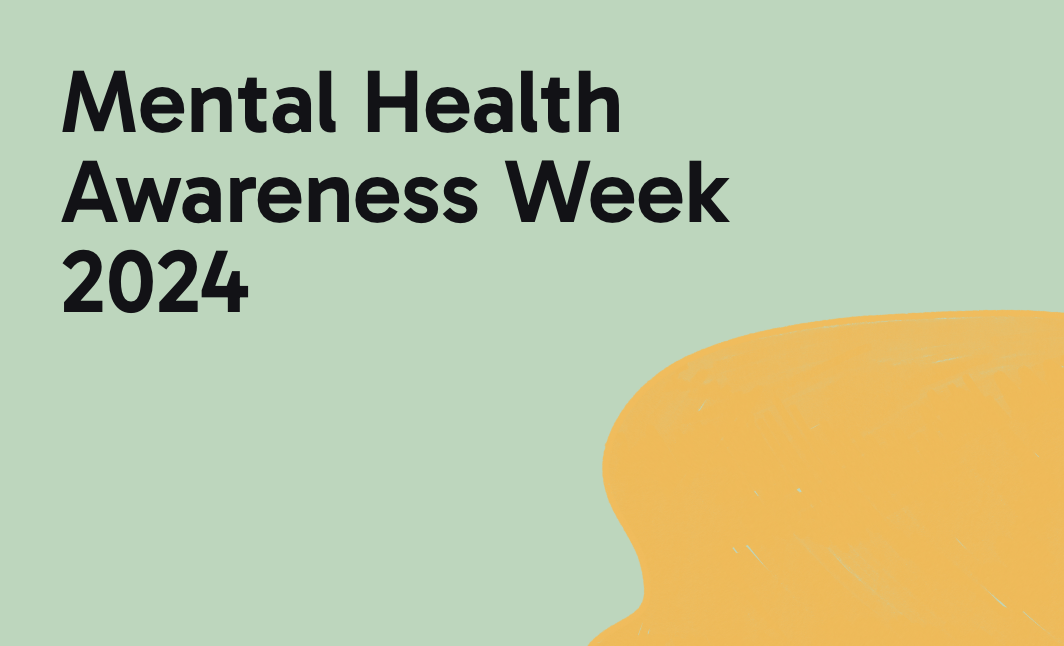The impact of stress on the body and how to manage it

Stress may have a substantial negative impact on a person's physical and mental health as well as their overall well-being.
The “fight” or “flight” response is the body’s natural defence mechanism in response to stress. On the other hand, continuous or chronic stress can cause a number of health problems.
Here are a few ways that stress can impact the body:
Physical impact
Cardiovascular system: Prolonged stress raises the risk of heart disease, high blood pressure, and an accelerated heartbeat.
Immune system: Extended periods of stress can impair immunity, leaving people more vulnerable to diseases and infections.
Musculoskeletal system: Stress can cause tension in the muscles, which can also aggravate disorders like migraines and tension headaches.
Digestive system: Stress can aggravate pre-existing disorders or cause digestive problems like indigestion and irritable bowel syndrome (IBS).
Mental impact
Likelihood of developing disorders: Stress can contribute to anxiety, depression, mood disorders, and other mental health problems. Stress also has an impact on emotional wellbeing.
Cognitive function: Prolonged stress can affect your capacity for memory, focus, and judgement.
Sleep disturbance: Stress can cause problems falling or staying asleep, which can result in sleep disturbances.
Coping with stress
Here are some strategies to help you in coping with high stress:
Effective stress management: Exercise on a regular basis has been shown to lower stress hormones and release endorphins, which are organic mood enhancer.
Relaxation techniques: Mind-calming exercises like yoga, meditation, and deep breathing can help lower stress levels.
Healthy lifestyle choices: Eating a balanced diet, getting enough sleep, and abstaining from excessive coffee and alcohol can all help one feel better overall and be more resilient to stress.
Social support: Retaining close social ties and asking friends, relatives, or a therapist for assistance might help in coping with high stress.
Time management: Setting reasonable goals and using your time wisely will help you avoid feeling overburdened.
Mindfulness and mind-body methods: Techniques including progressive muscle relaxation, mindfulness, and meditation can help people feel more at ease and less stressed.
Seeking help
It’s critical to detect the warning symptoms of stress and take preventative measures to properly manage it. It is essential to seek professional assistance from a healthcare provider or mental health expert if stress becomes overwhelming or continues.
Different people may have different approaches when it comes to coping with high stress, so it’s critical to identify the techniques that are most effective for each unique personality.






